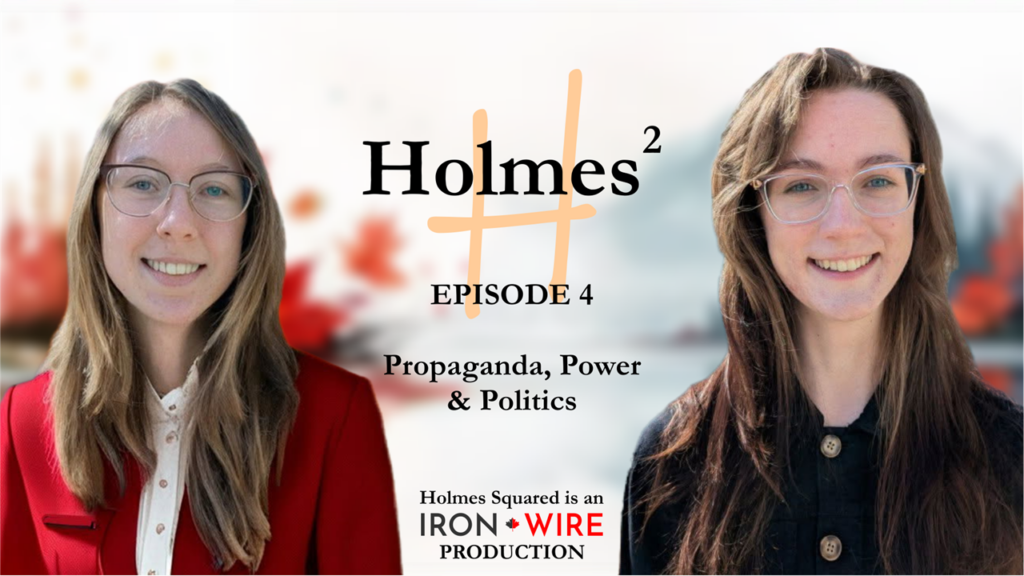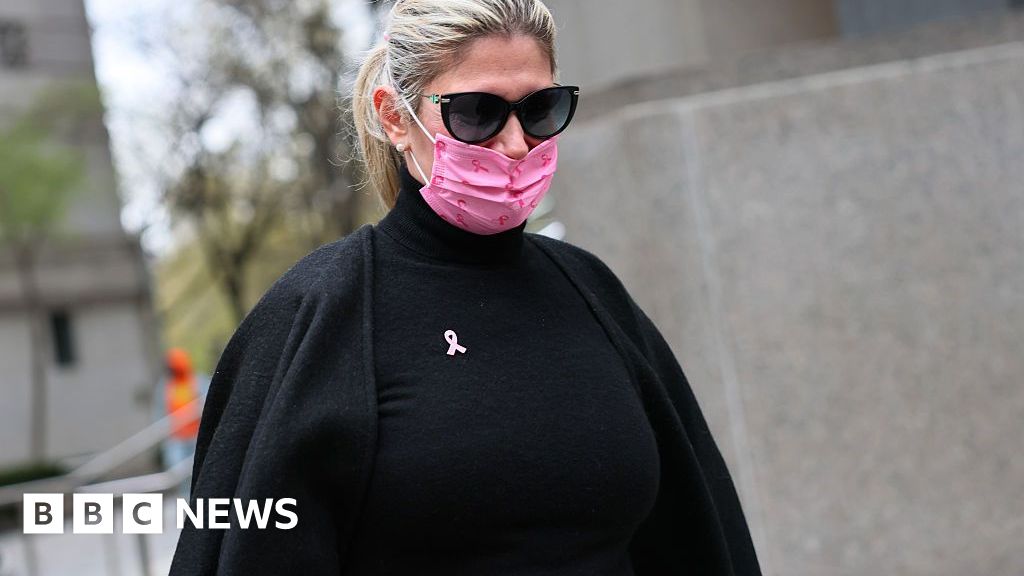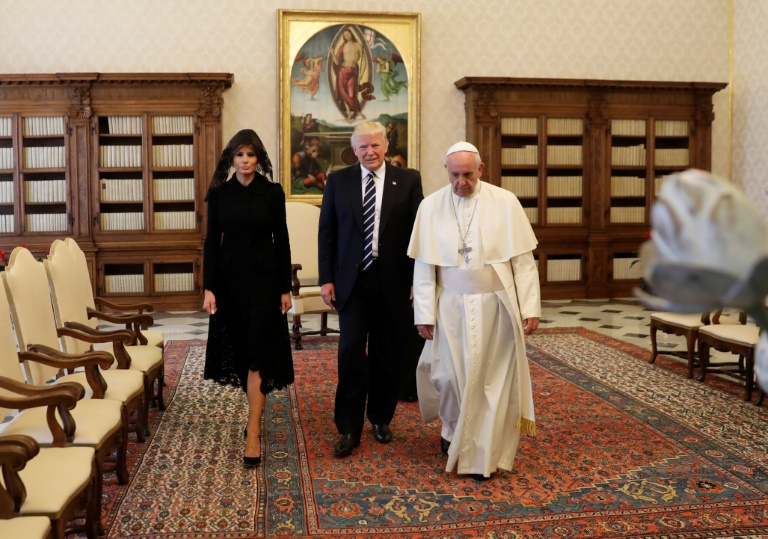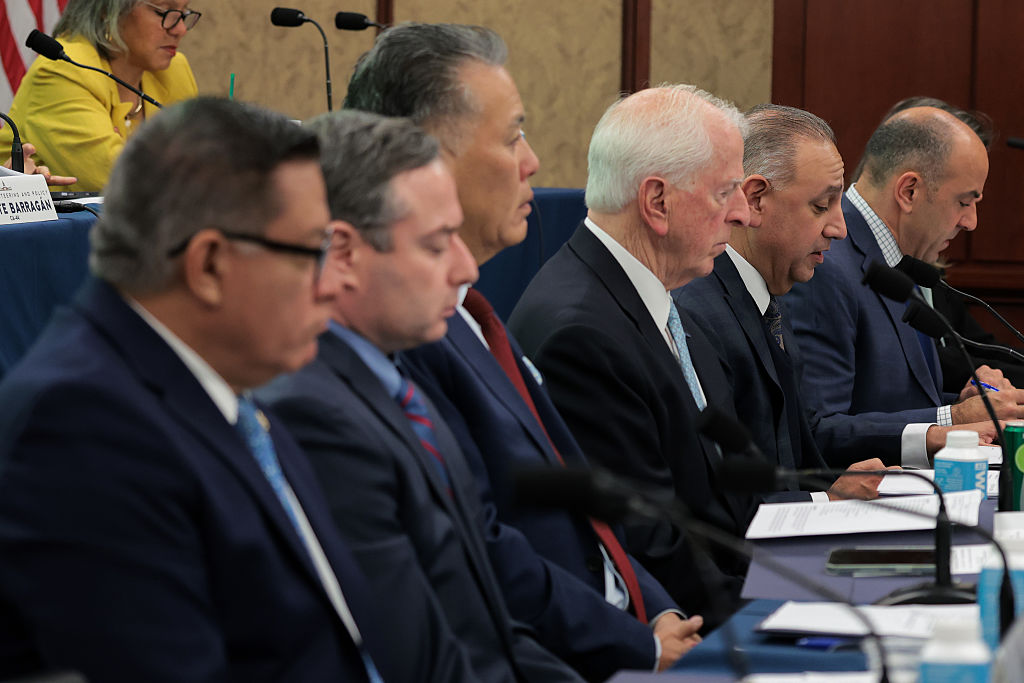UK in Race to Opt Out of WHO Lockdown Powers – The Daily Sceptic
Britain has just weeks to escape new powers allowing the World Health Organisation to recommend imposing lockdowns in future pandemics, a group of MPs and peers has warned. The Telegraph has more.
The UK must opt out of the WHO’s new international health regulations (IHRs) by July 19th to avoid the body co-ordinating the response to any future Covid-style pandemic.
In a letter to the Foreign Office, 14 leading Parliamentarians urge the Government to exercise Britain’s right to ignore amendments to the regulations before the looming deadline.
The IHRs were drawn up by member states of the WHO in the aftermath of the Covid pandemic, and increase the organisation’s powers to co-ordinate future global responses to pandemics.
But critics have warned they give too much power to the WHO and risk undermining individual countries’ right to manage their own affairs.
The regulations say WHO member states must “support WHO-coordinated response activities”, which critics argue could amount to an obligation to support the body’s recommendation to lock down in a future pandemic.
A Government spokesman told the Telegraph “no decision” had yet been made on which of the amendments were in the “national interest”.
Writing for the Telegraph, Suella Braverman, a former home secretary, warned that the regulations “present the most serious threat to national sovereignty in a generation”.
She wrote: “What the British public sees – what they intuit – is not just bureaucratic overreach but a creeping usurpation of their democratic rights. They voted to leave the European Union precisely because they were tired of decisions being made by people they could not name and could not remove. The WHO, as it currently stands, is another iteration of the same problem.”
A WHO spokesman said the body “does not have the right or ability to take any decision concerning health within a sovereign state,” adding: “Such authority will and always remain with the countries themselves.
“These recommendations are always based on advice provided by an emergency committee of international experts, and information provided by countries. The goal is to prevent or reduce the international spread of disease and avoid unnecessary interference with international trade and travel.”
Ms Braverman is joined in the letter by the Conservative MPs Danny Kruger, Sir Iain Duncan Smith, Esther McVey and Jack Rankin. Labour’s Graham Stringer, the DUP’s Sammy Wilson, and the former Reform UK MP Rupert Lowe have also signed it alongside Lord Frost, the Tory peer and former chief Brexit negotiator.
They warn that it would be “premature and pre-emptive” for the UK to agree to new pandemic-related regulations before the conclusion of the Covid Inquiry, which is ongoing.
They also argue that “serious doubts” have been raised about the legality of the WHO’s process for updating the IHRs, and warn that the package could “amount to a breach of international law”.
The WHO said it had fulfilled all legal requirements in the ratification process for the IHRs, including consulting the UK Government.
The US has already opted out of the IHRs by withdrawing completely from the WHO in the first days of the second Donald Trump administration.
“The executive order withdrawing the USA cited serious concerns, including in relation to the poor performance of the WHO and its leadership during the pandemic, its failure to adopt urgently needed reforms, and its inability to demonstrate independence from inappropriate political influence,” the Parliamentarians’ letter said.
While earlier proposed amendments to the IHRs suggested that the WHO could have the power to impose public health measures on member states, the latest version only gives it the ability to recommend an approach.
Worth reading in full.
Dr Meryl Nass says she is “relieved” that “all the controversial ideas have been kicked down the road” and there is “nothing binding” that will be a problem:
- This version of the treaty does not commit any nation to doing anything it does not want to do.
- Nor does it promise nations anything of value: no privileges or benefits.
- You might be lucky and get some free or cheap vaccine or drugs if manufacturers agree in future to give them away.
- All the controversial areas have been kicked down the road.
- There is nothing binding in this document that is a problem for nations.
If this was the level of agreement at 3.5 years, we can assume they won’t get much further over the next few years. The US and Argentina will be out. I imagine all the nations will approve this document, since it is virtually meaningless, only providing a skeleton — which the globalists hope can be dressed up later with the awful provisions. But since the globalists just had their biggest funding stream turned off (USAID) they made no obvious attempt to use bribery to gain agreement on more restrictive provisions. And even this meagre document required an extra negotiating day and meetings to the wee hours.
Never say never, but I am very relieved.
It is good news that the pandemic treaty has been largely neutered. But the idea that the WHO should be empowered to recommend lockdowns still seems very unwise to me. Would our politicians and officials really have the testicular fortitude to rely on their own cool assessments of the evidence rather than just go along with what the WHO is telling them to do, and which would inevitably have the jumpy public behind it as well? The UK would be sensible to listen to this letter, then, and opt out of the ‘advisory’ WHO powers as well.












